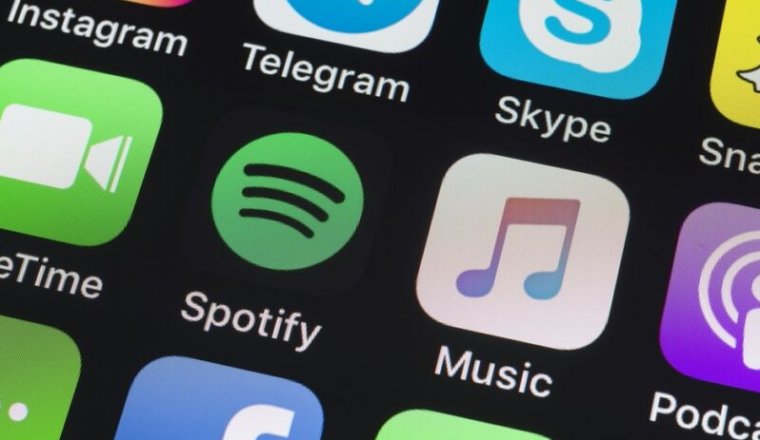
Enlarge (credit: Getty Images)
At least five US federal agencies may have experienced cyberattacks that targeted recently discovered security flaws that give hackers free rein over vulnerable networks, the US Cybersecurity and Infrastructure Security Agency said on Friday.
The vulnerabilities in Pulse Connect Secure, a VPN that employees use to remotely connect to large networks, include one that hackers had been actively exploiting before it was known to Ivanti, the maker of the product. The flaw, which Ivanti disclosed last week, carries a severity rating of 10 out of a possible 10. The authentication bypass vulnerability allows untrusted users to remotely execute malicious code on Pulse Secure hardware, and from there, to gain control of other parts of the network where it's installed.
Federal agencies, critical infrastructure, and more
Security firm FireEye said in a report published on the same day as the Ivanti disclosure that hackers linked to China spent months exploiting the critical vulnerability to spy on US defense contractors and financial institutions around the world. Ivanti confirmed in a separate post that the zeroday vulnerability, tracked as CVE-2021-22893, was under active exploit.








